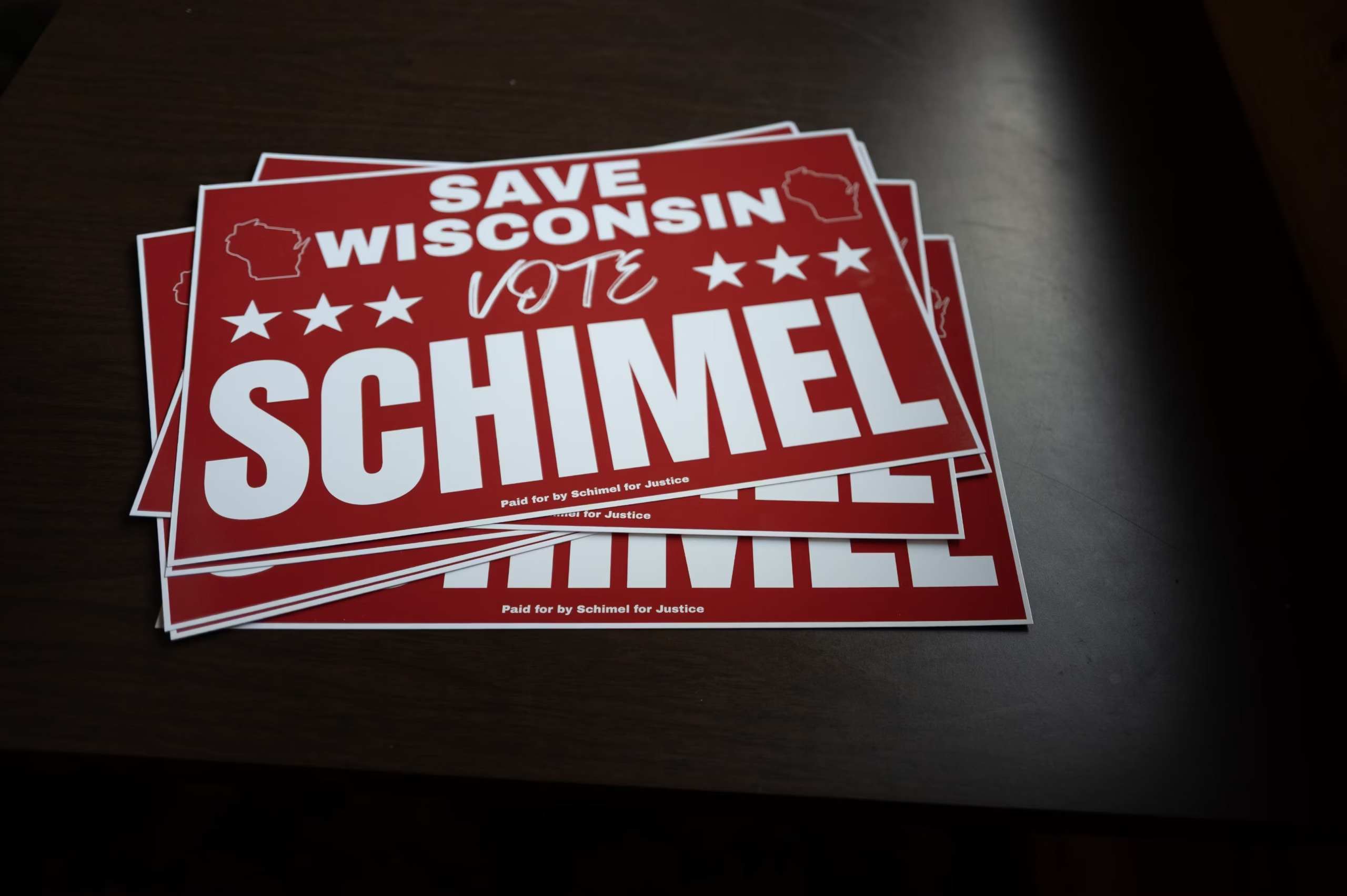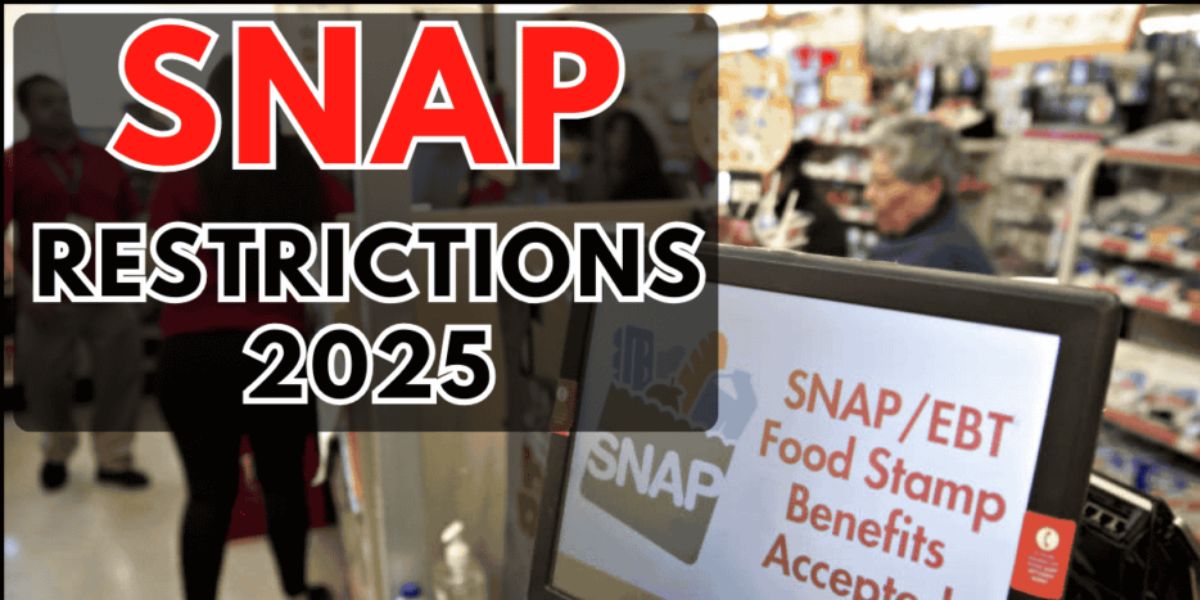The upcoming Wisconsin Supreme Court election on April 1, 2025, has evolved into a highly contentious and unprecedented contest, drawing national attention due to significant financial investments and legal controversies. Central to this heightened interest is billionaire Elon Musk’s involvement, which has sparked debates over election integrity and the influence of wealth in judicial processes.
Elon Musk’s Financial Contributions and Voter Incentives
Elon Musk, serving as the head of the Department of Government Efficiency under President Donald Trump, has made substantial financial contributions to the election, primarily supporting conservative candidate Brad Schimel. Through his political action committees, America PAC and Building America’s Future, Musk has invested over $20 million in the race. These funds have been allocated towards television and digital advertisements, as well as campaign field operations, making this election the most expensive judicial race in U.S. history. WikipediaWikipedia+1Wikipedia+1
Beyond monetary donations, Musk’s actions have raised legal and ethical questions. In a now-deleted post on his social media platform, X, Musk announced plans to visit Wisconsin and personally distribute $1 million each to two voters who had already cast their ballots in the Supreme Court election. This proposal drew immediate criticism, as Wisconsin law prohibits offering anything of value in exchange for votes, potentially constituting a violation of election bribery statutes. Business Insider+1AP News+1
Legal Challenges and Ethical Concerns
Opponents argue that Musk’s substantial financial involvement and direct voter incentives amount to attempts to improperly influence the judiciary. They contend that such actions undermine the integrity of the electoral process and may violate state laws designed to prevent vote-buying. Furthermore, Musk’s personal interests in Wisconsin, particularly related to his company Tesla’s legal disputes within the state, have intensified scrutiny over his role in the election. AP News
National Implications and Future Outlook
The election’s outcome holds significant implications, potentially affecting rulings on critical issues such as abortion rights, voter ID laws, and the legal framework governing businesses like Tesla. As the most expensive judicial race in U.S. history, it has ignited discussions about campaign finance reform and the appropriate limits of political spending. Looking ahead, the election serves as a barometer for public sentiment ahead of the 2026 midterm elections, offering insights into voter priorities and the influence of high-profile endorsements.
Conclusion
The Wisconsin Supreme Court election is more than a state judicial contest; it is a focal point for broader debates about democracy, the role of money in politics, and the potential for electoral reforms. As voters head to the polls on April 1, the eyes of the nation remain fixed on Wisconsin, awaiting an outcome that will resonate far beyond its borders.
Disclaimer – Our editorial team has thoroughly fact-checked this article to ensure its accuracy and eliminate any potential misinformation. We are dedicated to upholding the highest standards of integrity in our content.




